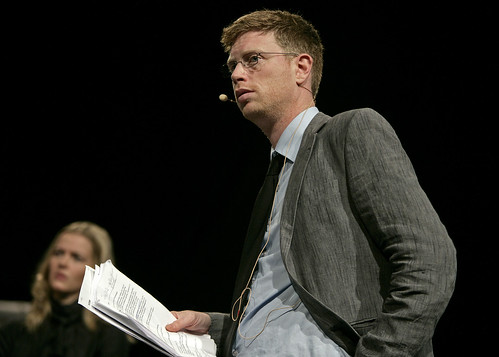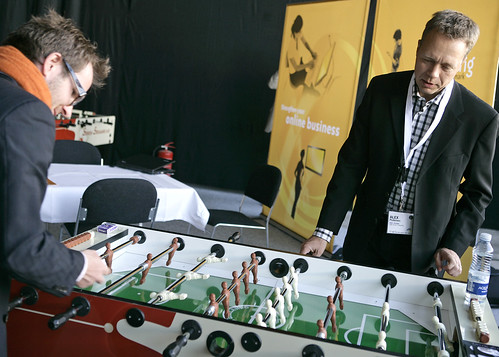Things are beginning to heat up at the New Media Days office. Partly due to summer temperatures, but also because the conference program is coming together piece by exciting piece. Today we proudly present three of this year’s speakers who thrive on the forefront of media development.
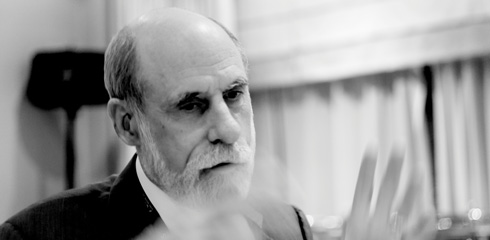
Vint Cerf (USA, Google) is a true pioneer from back when the Internet was a strategic brainchild of the US Defense.
30 years ago Vint was instrumental in designing the basic architecture of the Internet: The TCP/IP-protocols. Since then he has been lecturing on computer science while leading development of networked communications that we today take for granted.
Presently this “Father of The Internet” serves as vice president & Chief Internet Evangelist at Google and continues to advance the technological foundation of media. One thing that Vint Cerf is passionately advocating is the adoption of IPv6, the next-generation Internet Protocol that will support our ever increasing online needs.
New Media Days is pleased to have Vint Cerf as our keynote in 2009 sharing his understanding of the future of media technology.
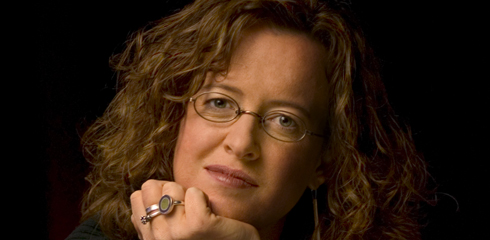
Genevieve Bell (AUS, Intel) conducts her work on the front line of innovation.
Holding a doctorate degree in anthropology she studies how media is used and perceived among individuals across the globe before turning the research into action as director of Intel’s User Experience Group: A diversified R&D team focusing on consumer-centric product innovation in Intel’s consumer electronics business.
Furthermore Genevieve Bell carries the honorary title of Intel Fellow for her technical leadership and outstanding contributions to the company and the industry.
Judging from the amount of ideas and perspectives that Genevieve has suggested for her talk, we’re in for a roller-coaster session of insights into the secrets of the media consumer.
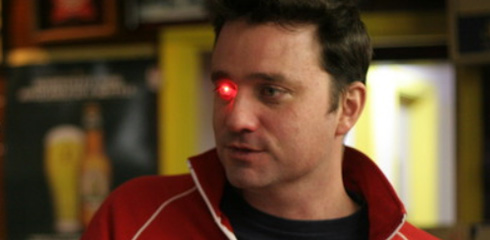
Rob Spence (CAN, Eyeborg) adds another dimension to the term ‘personal media’.
Himself a one-eyed filmmaker and his friend an unemployed engineer, they decided to turn two misfortunes into an advantage with the aid of technology: Embedding a video camera and a transmitter in Rob Spence’s prosthetic eye and make media history.
Not only is the camera perspective in Spence’s recordings unique, but the Eyeborg Project also significantly widens the perspectives on human-technology interaction. Sensation and curiosity aside, the project is most likely a sign of times to come, when our bodies can be technologically augmented in seamless and beneficial ways so far only described in science fiction.
Hang tight for more speakers to be announced right here!
Videos:
Vint Cerf about the future of the Internet
Genevieve Bell at Web 2.o Expo, NY




